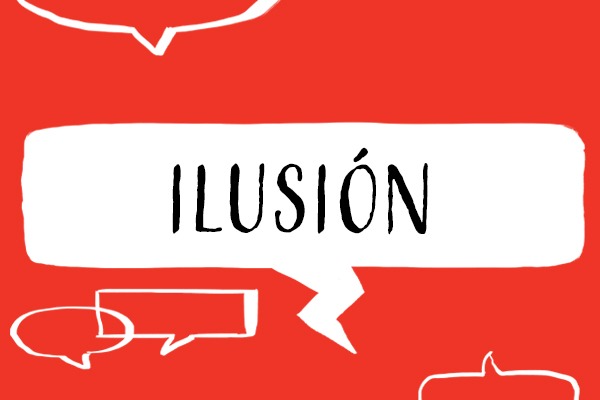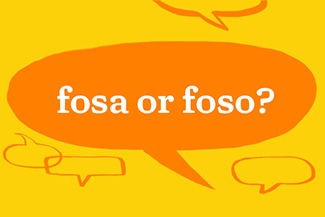This week’s Spanish word of the week is ilusión.
Ilusión is a noun that means hope; dream; illusion and you can find out how to pronounce it here:
function playAudio(url) { new Audio(url).play(); }Ilusión is one of those Spanish words which shares a meaning with English – illusion –, but it’s more often used in its other meanings.
Llegó aquí con mucha ilusión. She arrived here full of hope.
Te aconsejo que no te hagas muchas ilusiones. I’d suggest you don’t build your hopes up too much.
Apart from hope, ilusión also means your ambition or dream:
Mi mayor ilusión es llegar a ser médico. My greatest dream is to become a doctor.
Ilusión is also used to describe when we’re feeling enthusiastic and excited:
¡Qué ilusión verte aqui! It’s great to see you here!
Dijo que tenía mucha ilusión por hacerlo bien. She said she was really keen to make a good job of it.
In Spain in particular, ilusión is used with the verb hacer either when you’re looking forward to something:
El viaje me hace mucha ilusión. I’m so looking forward to the trip.
Or when something has really thrilled you:
Ganar a la actual campeona me ha hecho muchísima ilusión. I was really thrilled to beat the current champion.
And in the meaning closest to English:
una ilusión óptica an optical illusion
Come back next week for another insight into Spanish vocabulary!



